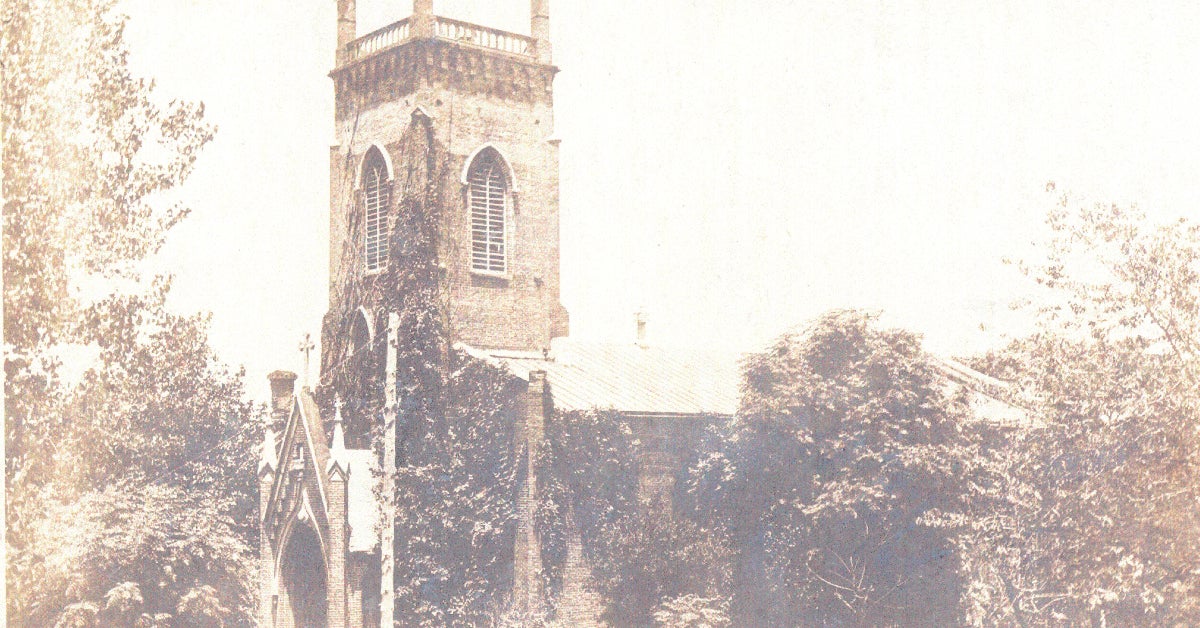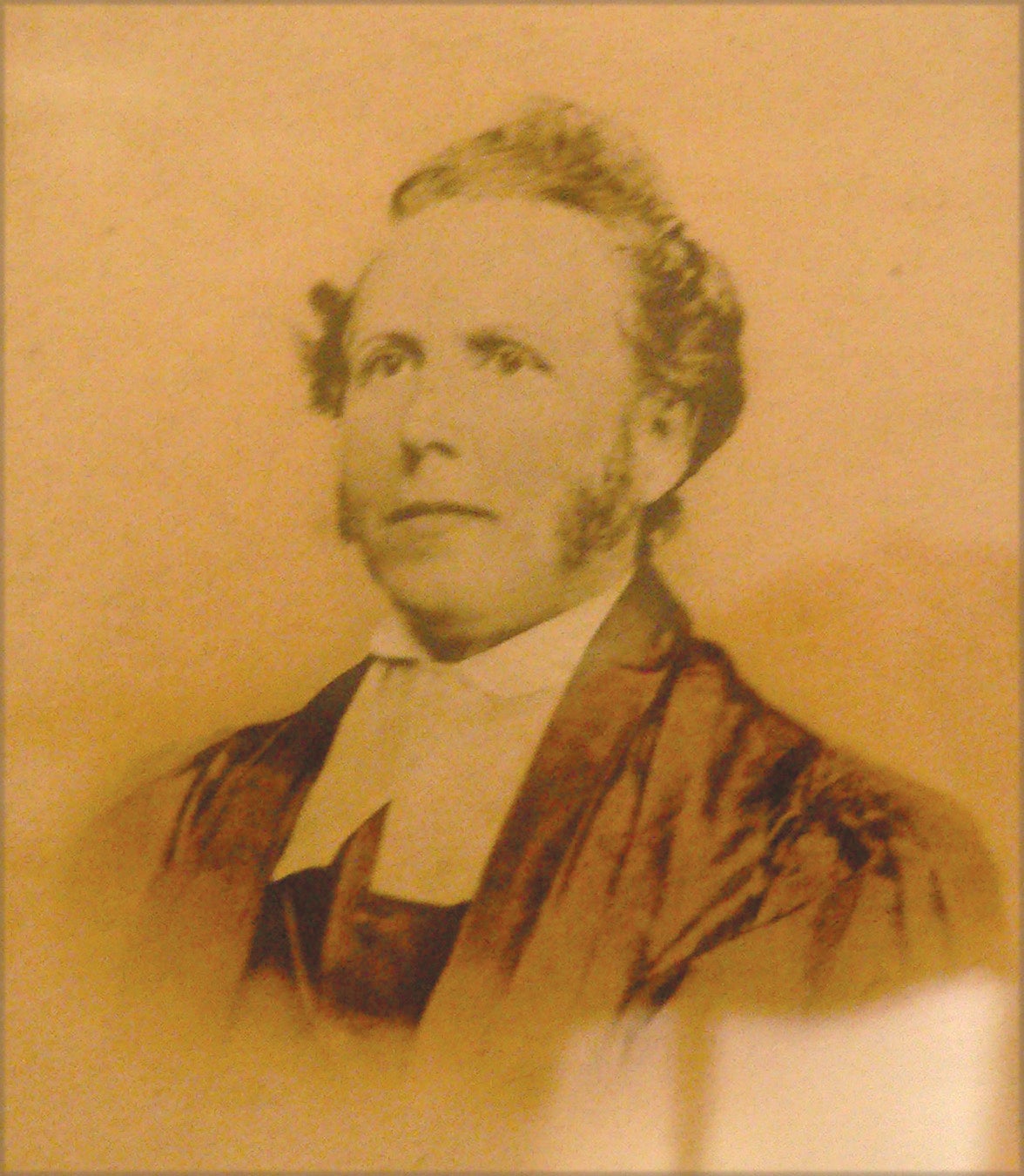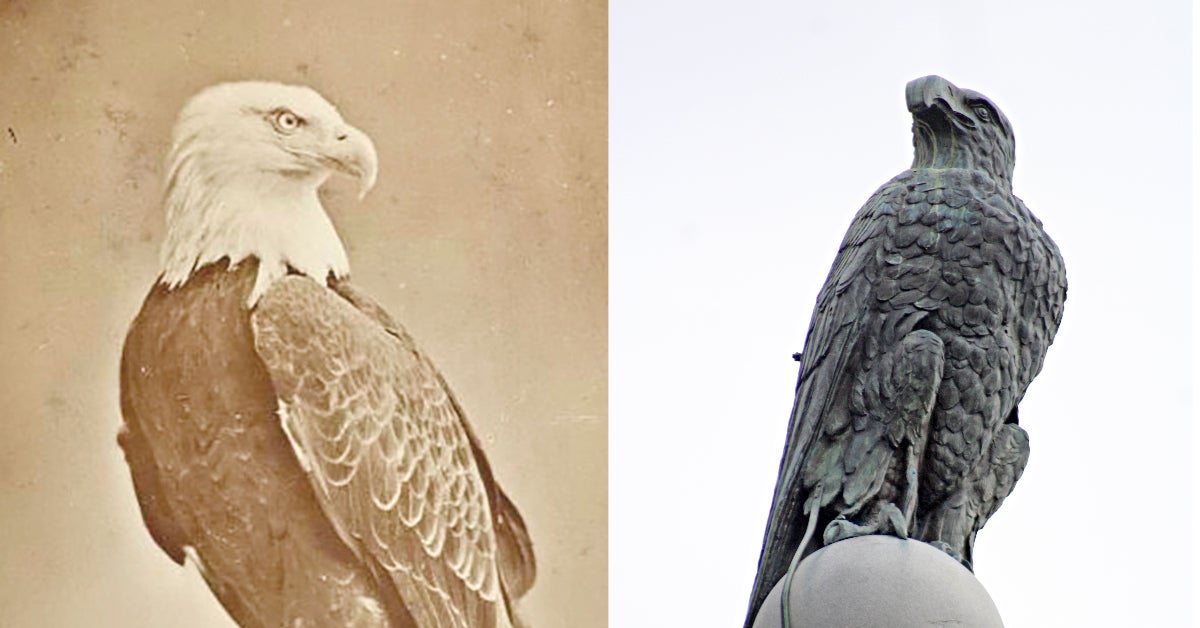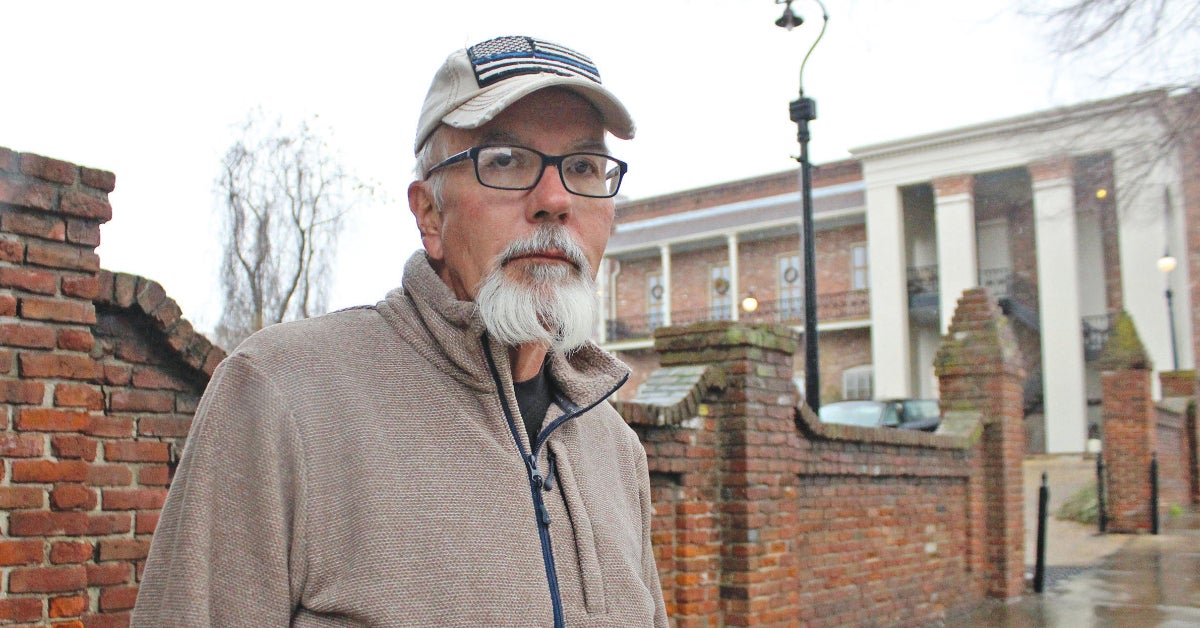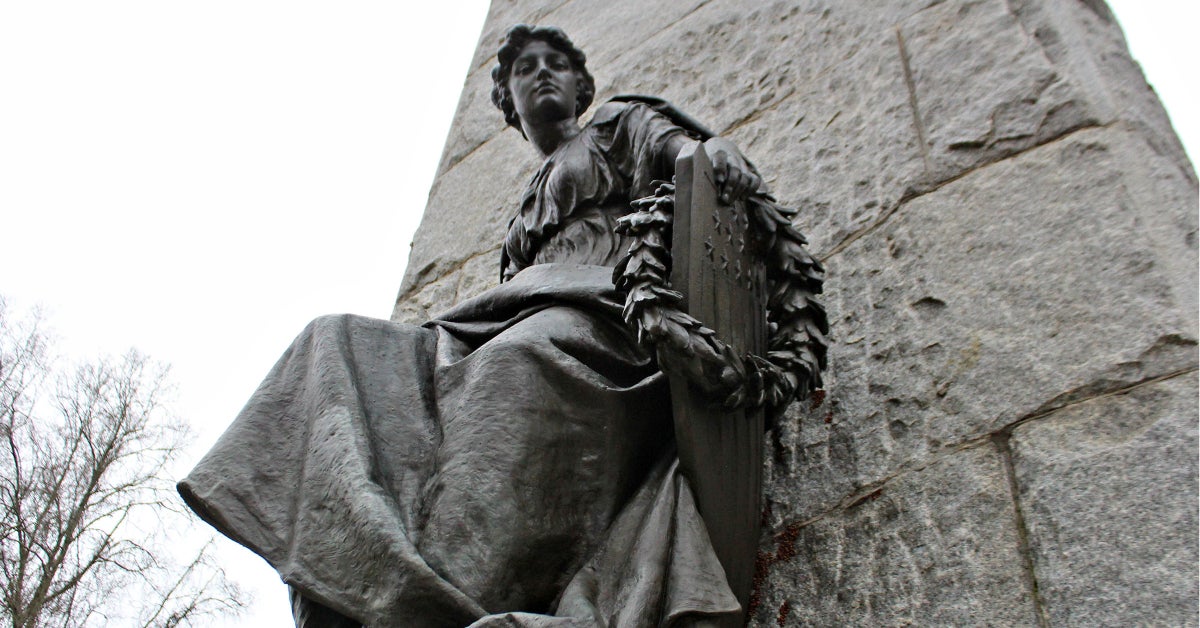The church that never stopped: Christ Episcopal kept worshipping through battle
Published 9:33 am Saturday, February 25, 2023
In the midst of the explosions and destruction by shells and rounds from Union gunboats and mortar barges during the siege of Vicksburg, one thing remained constant — daily services at Christ Episcopal Church.
“The church of which my father was rector was the only church in Vicksburg — with the exception of the Roman Catholic Cathedral — where services were held during the Siege,” William Lord Jr., the son of church rector the Rev. W.W. Lord, wrote in a 1908 Harper’s Magazine article on the Siege.
“As far as we know, it was every day,” said the Rev. Sam Godfrey, rector of Christ Episcopal Church.
“Sunday was the regular Sunday service and out of the 1836 ‘Book of Common Prayer,’” said church member Dave Benway. “Back then they would have had morning prayer, probably, during the day. Once a month, they had Communion.
“The middle of the week services may have been shorter but at the same time, if people took the trouble to get here, they would have possibly made it just as long,” Benway added.
Christ Episcopal was organized in 1826, the year after Vicksburg was incorporated. Construction on the church building that stands on Main Street began in 1839, with Bishop Leonidas Polk laying the cornerstone.
Polk would later become a Confederate general and receive the nickname “the Fighting Bishop.” He was killed in battle at Pine Mountain, Georgia, in 1864.
The church’s foundation was brick and mortar with a basement. According to William Lord, the church basement served as a shelter for the Lord family at some point during the shelling. The family, without Rev. Lord, eventually relocated to a plantation in Flowers before returning and joining other Vicksburg residents in a cave to seek shelter from shelling. And like many buildings in the city, the church and rectory were damaged.
“The windows here (in the present church) are not original,” Godfrey said, pointing out that all but one stained glass window was lost during the Siege.
“The other windows weren’t blown out by artillery, but were damaged by the concussion from the shells and cannonballs hitting nearby,” he added. “The church was not damaged that much during the Siege.”
The lone window to survive, he said, was a German stained glass window installed in 1855.
“For years the story was that the church had not been hit, but in 1953 when the tornado hit Vicksburg they went upstairs to inspect the belfry and they found a cannonball,” Godfrey said.
“But the rectory was totaled (from shelling),” Benway said. The shelling, he added, wasn’t just from mortars. “The ships had rifled cannons.”
Godfrey said Lord’s wife Margaret described the damage as “a scene of desolation.
“The dressing room was in ruins, the end where the fireplace had been was blown entirely out; the nursery uninhabitable — a hole deep almost as a cistern in the middle of the floor. Every room in the house was injured and hardly a window was left whole.”
When Gen. John Pemberton surrendered Vicksburg, Lord and his family left the city under a pass from Gen. Ulysses S. Grant. Lord would later return to Vicksburg after the Civil War and become the first rector of the Church of the Holy Trinity.
More than five months after the city’s surrender, Christ Episcopal was the scene of a protest by four women (five, by one account) whose objection to a Union order that violated the Constitution’s provisions on separation of church and state resulted in their being banned from the city for the remainder of the Civil War.
The incident involved an order requiring churches in the areas occupied by Union troops to say a “Prayer for all those in Civil Authority,” which according to local accounts of the incident was called the “prayer for the president.”
According to accounts, a former rector serving as rector until another priest could arrive said a prayer for the president, the ladies walked out of the service and were later arrested and sent to Bovina.


